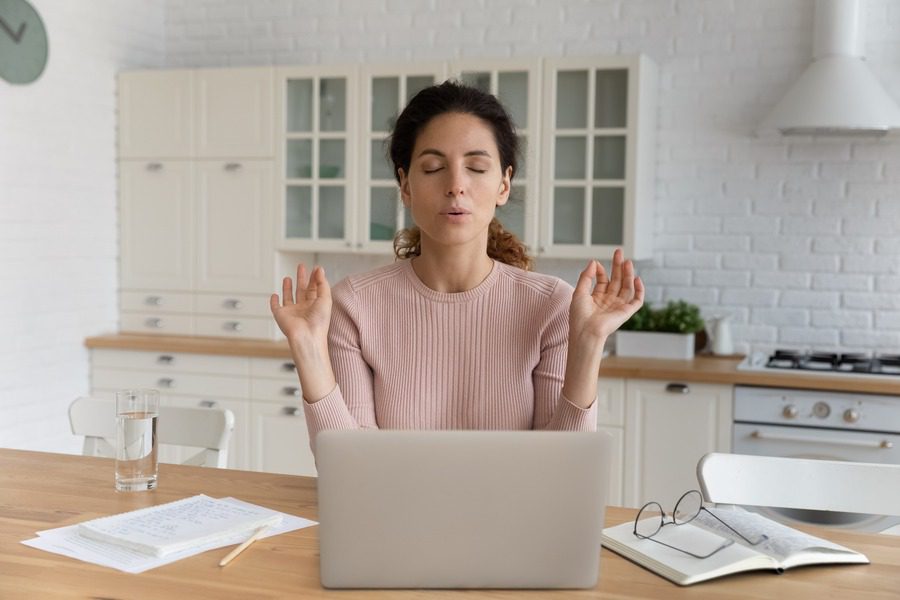Feeling anxious now and then is totally normal. But for some, anxiety lingers, interfering with daily activities. This could be a sign of an anxiety disorder, which, according to the World Health Organization, affects over 300 million people globally. A subset of generalized anxiety disorder that often goes undiagnosed is known as high-functioning anxiety, which is when a person experiences symptoms of anxiety but, rather than opting out of situations, they cover up symptoms and face their fears head-on. Let’s discuss.
What Does High-Functioning Anxiety Look Like?
Those with generalized anxiety disorder often experience both mental and physical symptoms. When it comes to high-functioning anxiety, symptoms mirror those of generalized anxiety disorder, though some are more prominent. They include:
- Fear of criticism
- Significant self-criticism
- Fear of appearing inadequate
- Feeling on-edge
- Feeling a sense of impending doom
- Significant stress
- Excessive sweating
- Lightheadedness
- Headaches
- Intestinal discomfort
- Racing heart
- Sleep disturbances
Managing High-Functioning Anxiety
Recognizing Your Symptoms
Understanding what anxiety feels like is a vital first step in learning how to manage your high-functioning anxiety. Once you recognize your symptoms, you can learn how to cope with them.
Take a Moment to Reconnect
People with high-functioning anxiety tend to live in their heads, which can be hard to snap out of. This is why it’s important to recognize your symptoms so you can reconnect with your body and thoughts. You can do this by taking some deep breaths, stretching, or going for a walk.
Master the Art of Intervening
With yourself, specifically. Anxiety is like a monster running after you – the closer it gets, the bigger it gets. But once you recognize your symptoms, you can start intervening to get yourself out of the danger zone. For example, you could exit your apps and set your phone face down when you notice that you’re doom-scrolling and need to realign.
Daily Dose of Relaxation
You may have a skincare routine, a hair routine, and a gym routine, but what about a relaxation routine? Even if it’s just 15 minutes sitting in a quiet room, lighting your favorite candle, and writing in your journal, a daily dose of relaxation can ease symptoms of high-functioning anxiety.
Take a Step Back from Social Media
Social media can be a good thing, but it can also cause a significant amount of anxiety. It may look like everyone has it together, but remember that you only see carefully curated highlight reels. Step away from the apps when you need to and focus on your own goals.
Little Successes Lead to Big Changes
If you deal with high-functioning anxiety, there are endless opportunities to celebrate small wins. Allow yourself to celebrate these successes on your journey.






